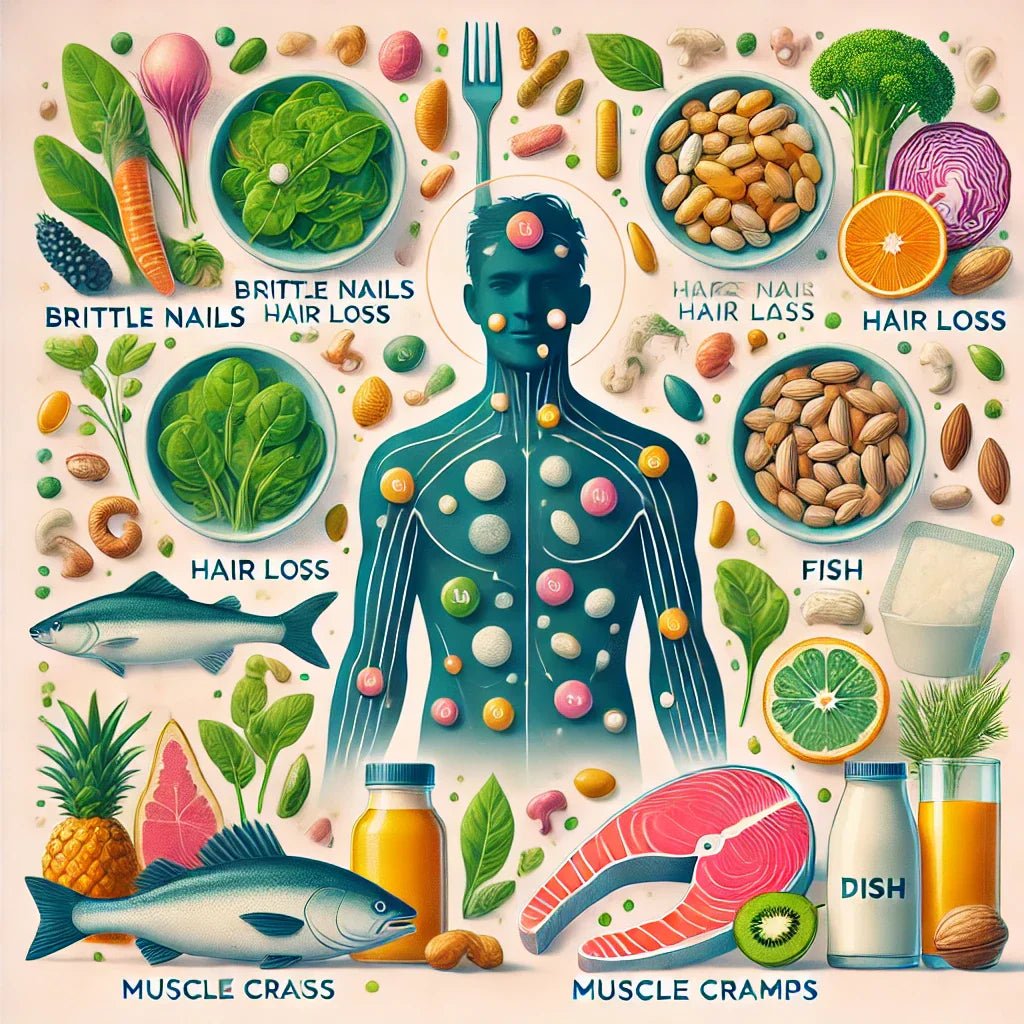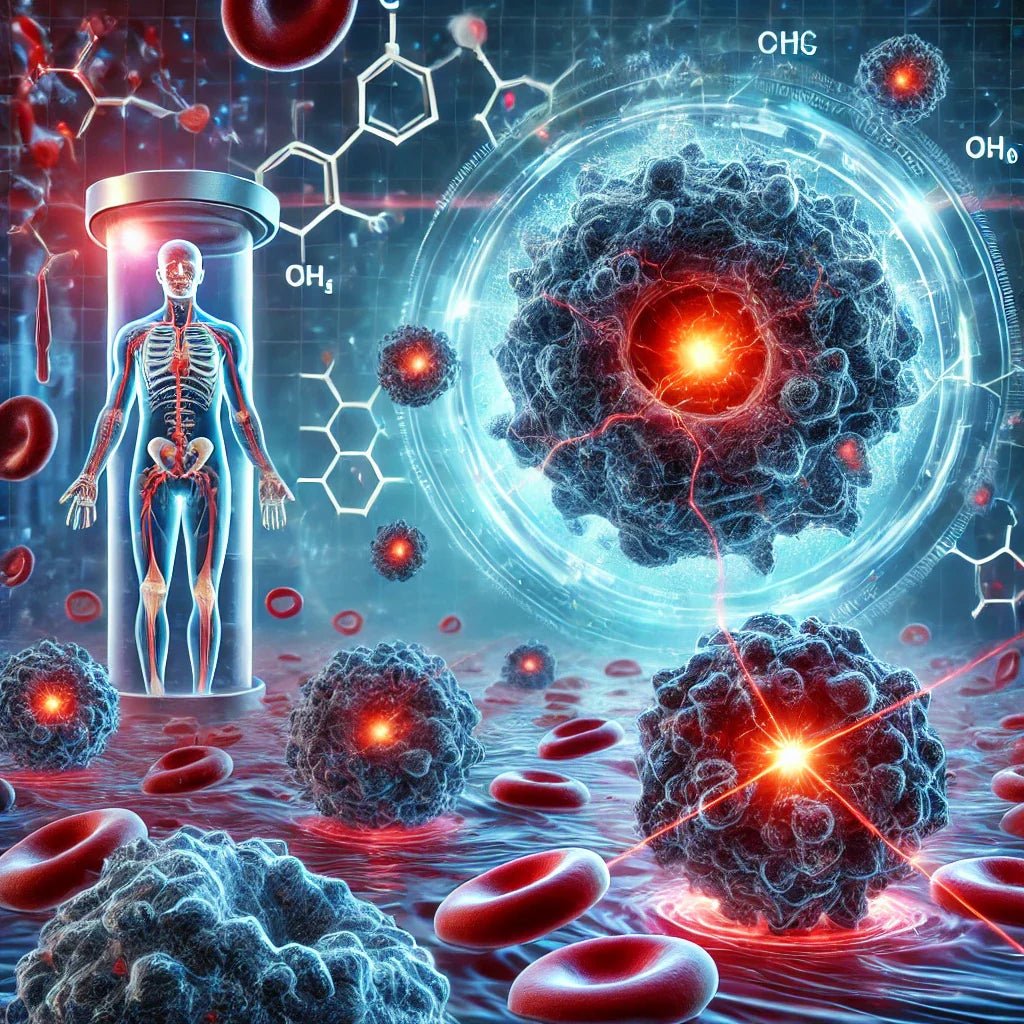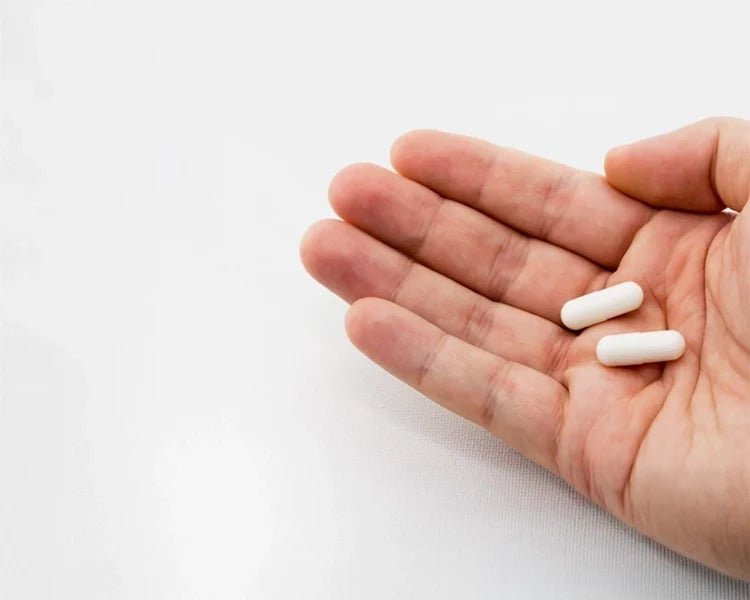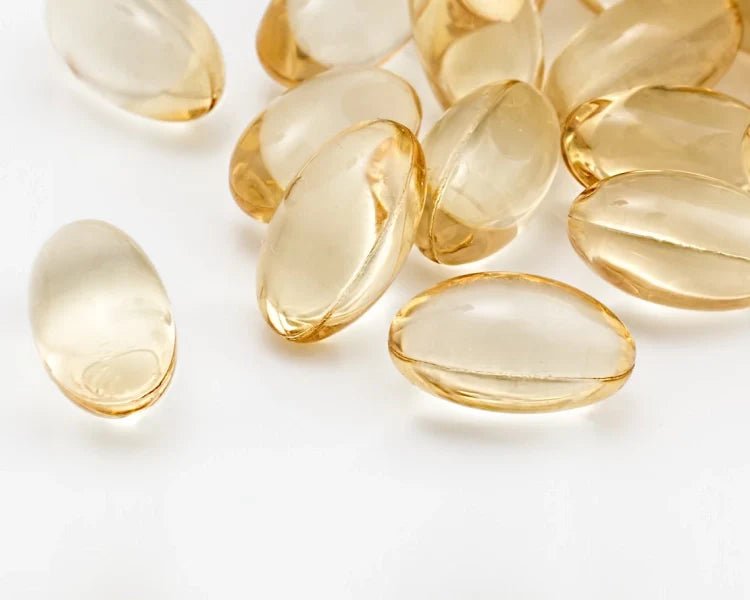Exercise can increase motivation to change lifestyle, improve aerobic capacity, improve physical fitness, control fatigue and improve quality of life [1], and this is just a part of their beneficial effects on the human body at all ages. It is estimated that almost half of cancer cases can be prevented by changing lifestyle, including physical activity [2], which is one of the four pillars of health. In a report by The World Cancer Research Fund (WCRF) published in 2020, the organization indicates that it plays a significant role in cancer prevention [3] .
The main benefits of physical activity include regulating body weight, improving the efficiency of the circulatory and respiratory systems, as well as strengthening muscles and bones. Blood flow and tissue oxygenation are also increased, which translates into greater energy and vitality. Additionally, exercise has a real impact on mental health because regular exercise can reduce symptoms of depression, anxiety and stress by releasing hormones that can improve mood and feelings of overall well-being. Physical activity also improves cognitive functions, i.e. memory, concentration and the ability to focus, and significantly increases the quality of sleep by regulating the circadian rhythm. Regular exercise can help you fall asleep faster and enable deeper sleep, and it also lowers blood pressure, reducing the risk of heart disease.
The multi-year European Prospective Investigation into Cancer and Nutrition (EPIC) study of over 500,000 people found that regular physical activity was associated with a lower risk of many types of cancer, such as colorectal cancer, breast cancer, pancreas and endometrial cancer [4].
A meta-analysis based on 170 studies confirmed that regular physical activity is associated with a reduced risk of colorectal cancer. It was observed that people engaging in regular physical exercise had a 24% lower risk of developing this type of cancer compared to people leading a sedentary lifestyle [5].
A study published in the British Journal of Cancer and conducted by the European Prospective Investigation into Cancer and Nutrition - EPIC found that regular physical activity can reduce the risk of breast cancer in postmenopausal women. Women who performed at least 7 hours of moderate physical activity per week had a 13% lower risk of developing breast cancer compared to those who were physically inactive [6].
Systematic physical activity, which can be freely chosen from a wide range of possibilities, from walks in nature, through team games, to individual training in the gym, provides great support in cancer prevention. It is a permanent element of a healthy lifestyle, which is modified depending on possibilities, needs and preferences. In addition to the obvious physical benefits it brings, it has a real impact on improving mood and well-being. Its beneficial effect on the body is multidimensional, so it is worth including it permanently in your weekly plan.
Zuzanna Pilipiuk
- Qiaoyun Wang, Wenli Zhou, (2020) Roles and molecular mechanisms of physical exercise in cancer prevention and treatment, J Sport Health Sci. 2021 Mar;10(2):201-210. doi: 10.1016/j.jshs.2020.07.008. Epub 2020 Jul 30.
- Christine M Friedenreich, Charlotte Ryder-Burbidge, Jessica McNeil, (2021). Physical activity, obesity and sedentary behavior in cancer etiology: epidemiologic evidence and biological mechanisms, Mol Oncol. 2021 Mar;15(3):790-800. doi: 10.1002/1878-0261.12772. Epub 2020 Aug 18.
- Steven K Clinton, Edward L Giovannucci, Stephen D Hursting, (2020). The World Cancer Research Fund/American Institute for Cancer Research Third Expert Report on Diet, Nutrition, Physical Activity, and Cancer: Impact and Future Directions,
- Żuławski, W., Rutkowski, A., & Dziki, A. (2015). Influence of physical activity on the risk of colorectal cancer in the population of the European countries. Contemporary Oncology, 19(1), 7-13.
- Keum, N., & Giovannucci, E. (2019). Global burden of colorectal cancer: emerging trends, risk factors and prevention strategies. Nature Reviews Gastroenterology & Hepatology, 16(12), 713-732.
- Steindorf, K., Ritte, R., Eomois, P. P., Lukanova, A., Tjonneland, A., Johnsen, N. F., ... & Schütze, M. (2013). Physical activity and risk of breast cancer overall and by hormone receptor status: the European prospective investigation into cancer and nutrition. International Journal of Cancer, 132(7), 1667-1678.






